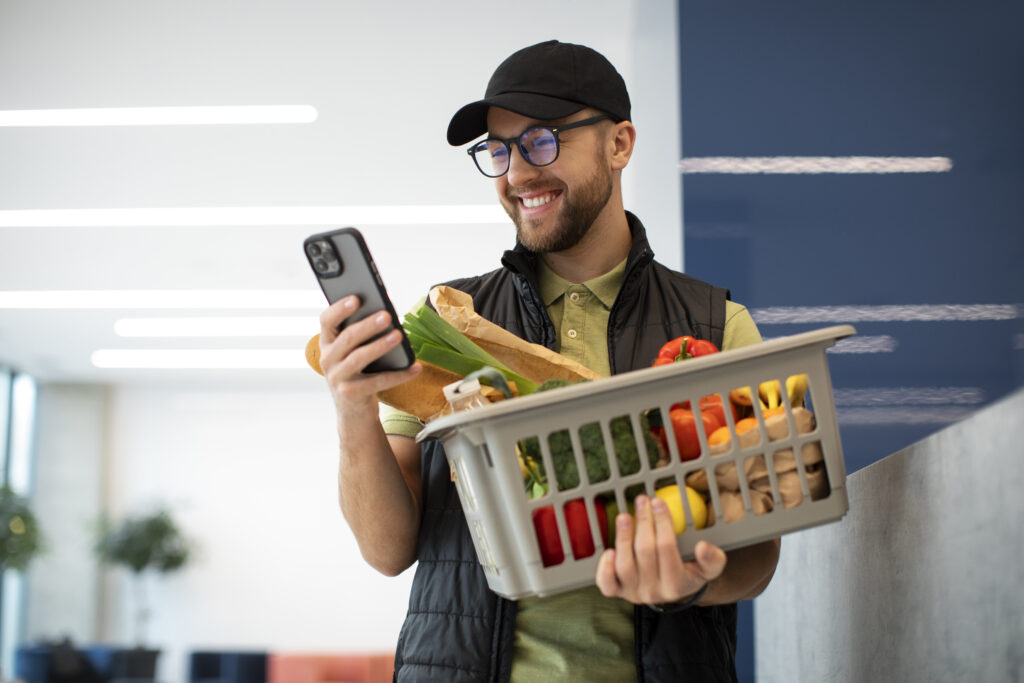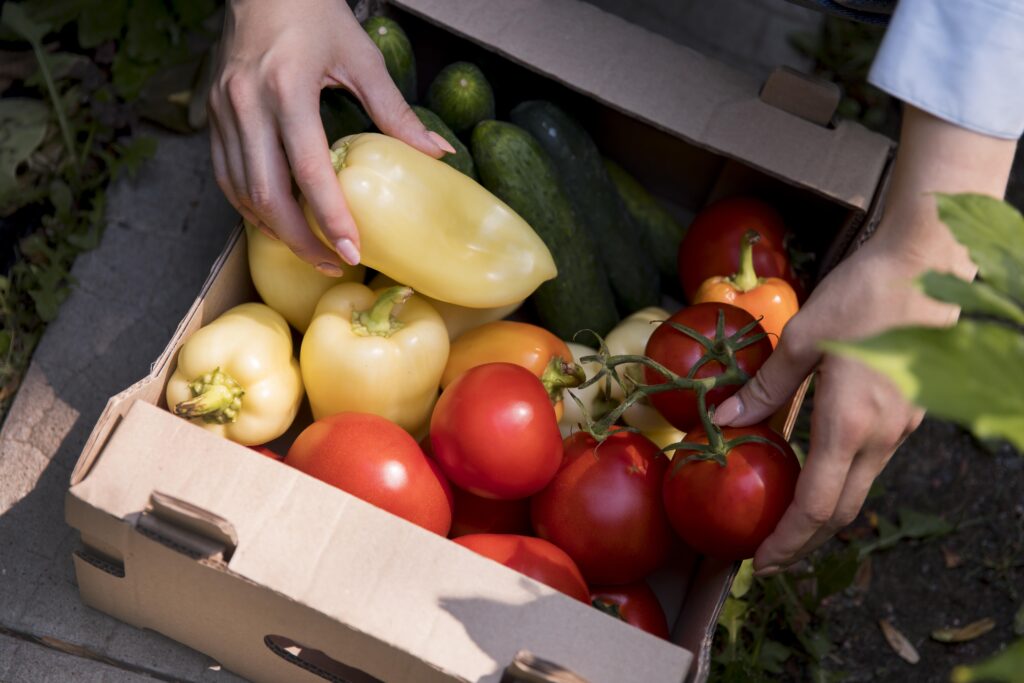From: VIMOSZ
Food waste is a growing global concern, raising significant ethical, economic, and environmental problems. Every day, large amounts of edible food are thrown away, while many people struggle to afford quality products due to rising prices. In recent years, several digital solutions have emerged that aim to reduce food waste. These apps connect restaurants, shops, and producers with conscious consumers, who can purchase food at discounted prices—items that would otherwise go to waste due to short shelf life, packaging defects, or overproduction.
Too Good To Go (TGTG), a Danish-founded app, currently partners with over 175,000 businesses globally, including bakeries, supermarkets, and restaurants. The app allows users to purchase “surprise bags” filled with high-quality food that can no longer be sold through conventional retail channels—often due to packaging changes, short expiration dates, or surplus stock. According to the company, around 90% of the rescued food is consumed. Since 2016, over 450 million meals have been saved worldwide, which the company claims has helped prevent hundreds of thousands of tons of CO₂ emissions. In addition, TGTG offers digital tools to its business partners, such as AI-based pricing systems, in-store discount management, and donation options to improve surplus handling.

Another prominent example is Karma, a Sweden-based app that also targets reducing food surpluses. Karma enables restaurants, cafés, and grocery stores to sell their leftover food at the end of the day—often at half price or less. Customers can reserve and collect these meals through the app. Karma currently operates primarily in Sweden, the UK, and France, with plans to expand to other countries. The app plays a significant role in promoting conscious consumption while helping food businesses minimise their losses.
Alongside international platforms, national initiatives are also gaining traction. In Hungary, the Munch app has become one of the most popular tools to reduce food waste. This Hungarian-developed app enables users to purchase leftover, yet perfectly edible, meals from restaurants, bakeries, and shops at discounted prices. Munch is especially popular in Budapest but is increasingly expanding nationwide. “Munching” is not only financially beneficial for users but also promotes environmentally conscious living and helps food service providers reduce their daily losses.
More and more people are turning to these apps as practical and sustainable solutions to fight food waste. Whether driven by environmental awareness, economic savings, or social responsibility, users are helping to ensure that perfectly good food doesn’t end up in the trash. These initiatives are not only clever in design but also inspiring examples of how technology can serve both people and the planet. By incorporating these platforms into everyday life, individuals and businesses alike can contribute to reducing the amount of food waste generated, one meal at a time.

